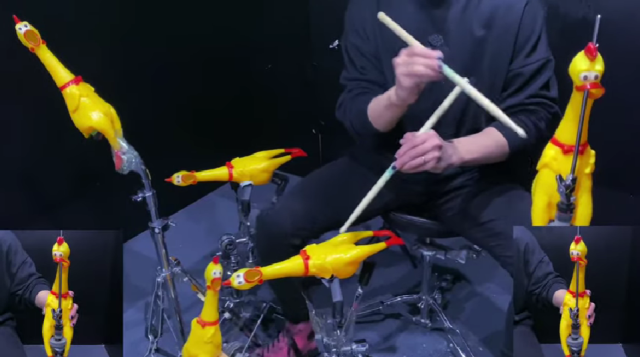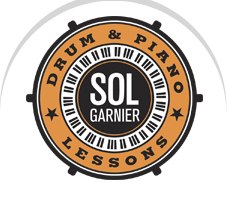I am doing reviews these days. Not just for myself, but also for my students. I am trying to resolve that pickle for them: how do you make reviews interesting, even exciting?
So, I am writing pages of exercises and composing music to play along in order to explore that concept. This is going to be another one of those long projects because I have to cater to all the styles I teach: Rock, Latin, Shuffle, Funk, Jazz, etc. And I have to do it in both instruments: piano and drums. Don’t feel sorry for me, though, I love the cross I bear. Besides, I’ve got all the time in the world. The great advantage to be self -employed is that you’re a one man army. It means that you can go at your own pace for the new stuff you decide to make (unless, of course, it is an emergency).
I have already done a few pages with the rock section of my drum teaching. I am testing them with my students, inviting them to share their remarks about the concept. So far, the feedback is very encouraging. They love it, they want more. Of course, every one has a different experience with them. Some will remember the exercises reviewed very well, and the pages I propose will be a half assignment instead of a full one. For others, though, that knowledge will be buried in too distant of a past and it will require some efforts to dig it out. No matter, because the fun is there and they appreciate that.
Sometimes you can explore a review that will feel different if you introduce a new concept. For example, a piano piece that you used to play well with the expressions and the dynamics can take on a new life if you start it over working on the phrasing. The phrasing is that elusive “singing tone” every musician is after. All of the sudden, good ol’ “Fur Elise” is a few more shades of deep.
I do review in my own practice. And that leaves me with that question: did I write review pages for my students because I was doing it in my practice or the opposite? Chicken or egg kind of thing here. Fascinating stuff.

